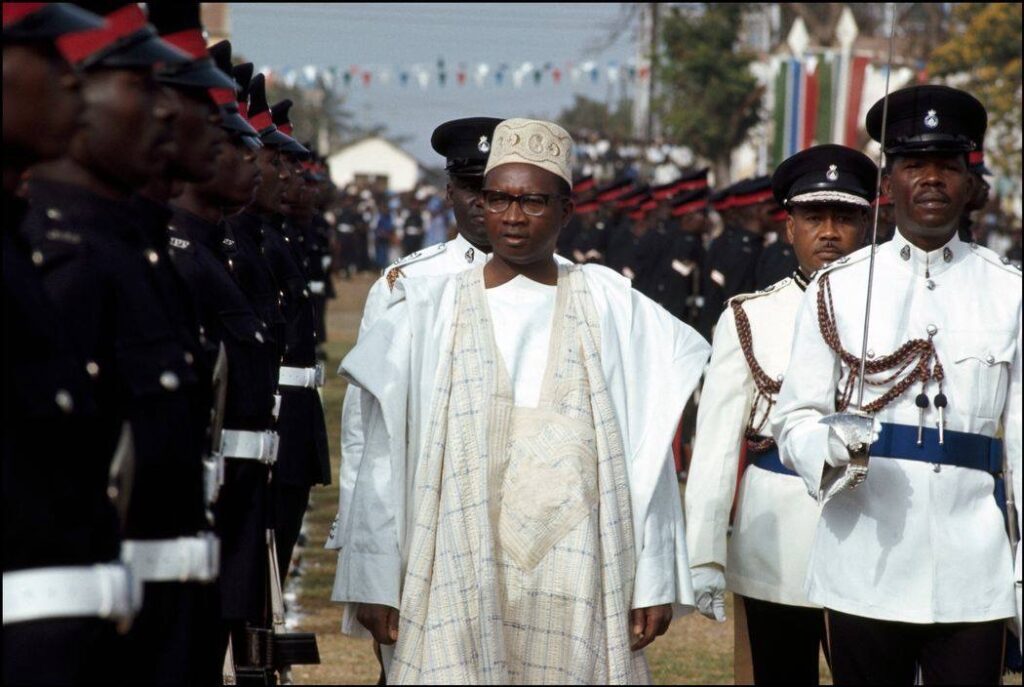
Part 1
The Gambia is 55 years on Tuesday, February 18, 1965, as an independent nation. America’s day is called The Fourth of July. Moreover, for almost 244 years, it has been an annual festival of feasts, fireworks, concerts, and family reunions for all Americans.
In the Gambia, we used to look forward to the pomp of February 18. As school kids, we would practice march past, compete in-house for space to represent our schools at the main independence anniversary event at the McCarthy Square in the capital city Banjul.
For school kids, it was a date we looked forward to celebrating the togetherness of our nation. At our school level, we used it as our day of freedom. It used to be the most momentous day in our country. It was a date that reminded us that the nation once had leaders who wrenched our collective destiny from the vice grip of foreign predators and destroyers.
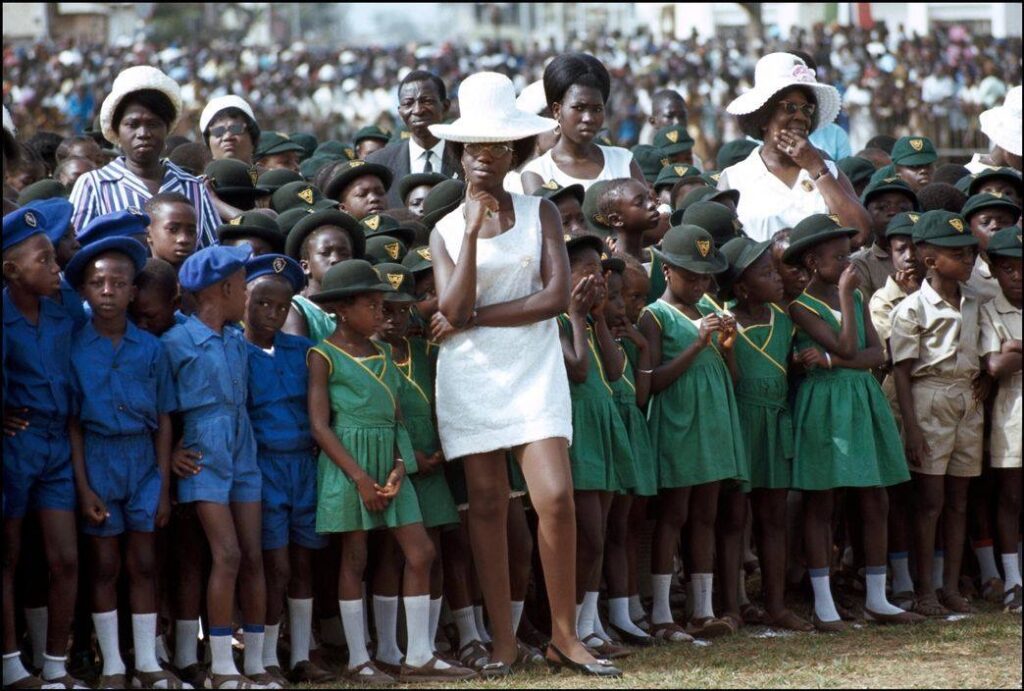
However, February 18 is no more. The regime of Yahya Jammeh killed its beauty and its essence. Even the only activity the government used to give the date, Guard of Honour, has been subjected to the exclusivity of the State House and to the whim of whatever recluse inhabits the hole. We have to be robust and a member of the club of our rulers to witness and be part of the celebrations. That is the new Gambia.
What is it really with the Gambia? We are never clear about the sanctity and sacredness of anything. There is nothing we cannot shift. We shift values and redefine beauty. The way we have degraded our Independence Day is precisely the way we have taken down everything right in our history.
Furthermore, things are getting worse. They are not getting better. There cannot be redemption where the flow of the national stream is focused on the arid. The desert takes, so says the Ghanaian author Ayi Kwei Armah. The desert does not give, and it takes, it sucks the vitality from the fecundity of the forest. We have poisoned everywhere and everything.
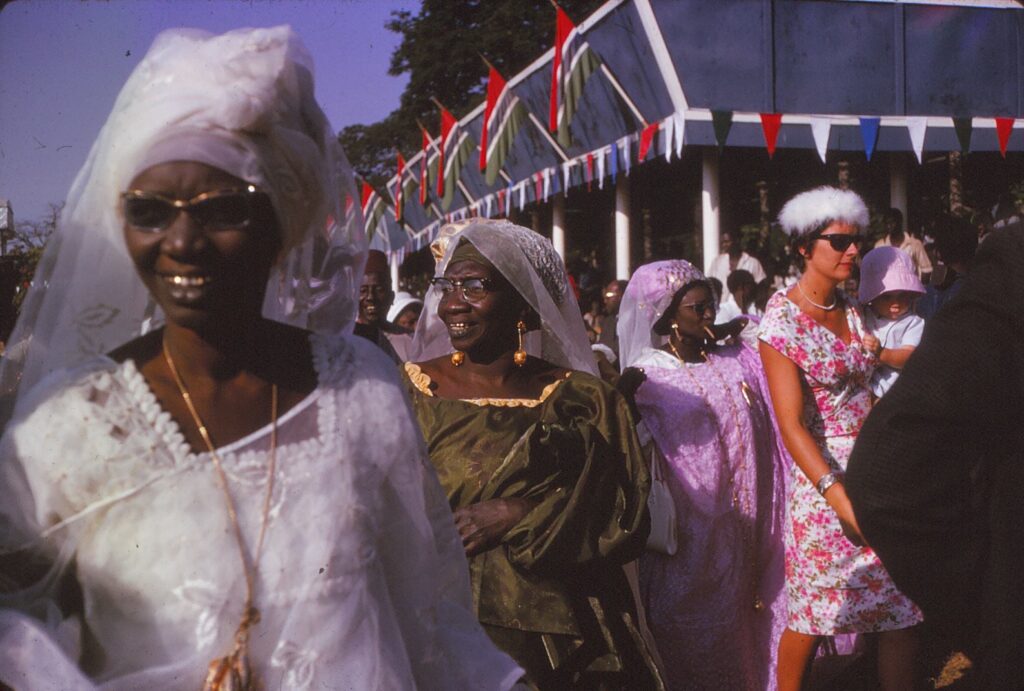
Moreover, we think we can build survival on our current mound of waste and wishful forgetfulness. No. If we take the Gambia so seriously as to take sides in the war of thrones going on across mafia camps in the country, when we read that February 18 celebrations correctly and very well, we will sit back and reassess our mental balance.
Now, we keep wondering why every February 18 has become lamentation day for the majority here. The founding fathers drove the white man away with the promise that political freedom would come with life more abundant for all.
Furthermore, they meant it. So, what happened? Why is it that every anniversary of that freedom only brings memories of abortive dreams?
Every February 18, we sorrow and lament that the Gambia is a failed or a failing state. States do not fail in just one day. It is like a man’s head. If it will go wrong, it starts by losing its righteous shine – gradually turning its back on good manners, ethics, and mores. When a child habitually leaves doing good for doing wrong, there is a likelihood he is headed for disaster.
Carousing and deep thinking are two acts possible for all men, but can we find a man doing both at the same time? One pauses the other. The Gambia is that “thing” engrossed in a non-stop sizzling romance with vice. It stopped thinking straight a long time ago because it has no patience for ventures of virtue. Moreover, that, sadly, commenced so soon after independence in 1965.
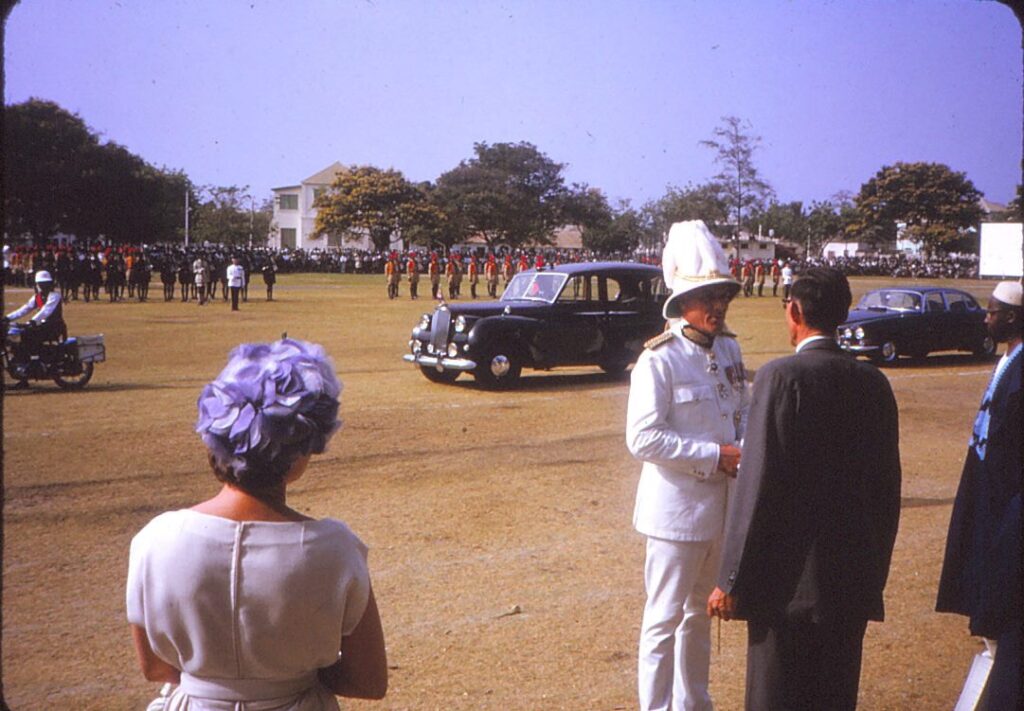
Eminent Professor Ali Mazrui in a 1995 article, The Blood of Experience, identifies six primary functions of state: sovereign control over territory; sovereign supervision (though not necessarily ownership) of the nation’s resources; practical and rational revenue extraction from people, goods, and services; the capacity to build and maintain an adequate national infrastructure (roads, postal service, telephone systems, railways and the like); the capacity to render such essential services as sanitation, education, housing, and health care; and the capacity for governance and the maintenance of law and order.
“When we look at Africa with these functions in mind,” Mazrui continues, “it is clear that many states in Africa are in trouble.” So, is the Gambia at 55 a failing or a failed state or just a nation “in trouble”?
Whatever is gasping for life cannot be healthy – it is dying. Any reading of the history of the Gambia gives an appalling picture of a nation that hit the ground running in the wrong direction. The Gambia thought the change of guards on Febuary18, 1965, was enough to grow it.
Furthermore, our case leads one to ask what really independence means for a country. Is a nation free because it has succeeded in sending its overlord away? Or when it succeeds in changing its name and flag and national anthem from what the outsider gave it? Or is it when it behaves and functions in a manner that proves it is safe and well? How did the Gambia miss it?
At independence in 1965, The Gambia’s first and only President, Sir Dawda Kairaba Jawara, spoke of the national joy at freedom and linked it with “the task of developing the Gambia politically, socially and economically.”
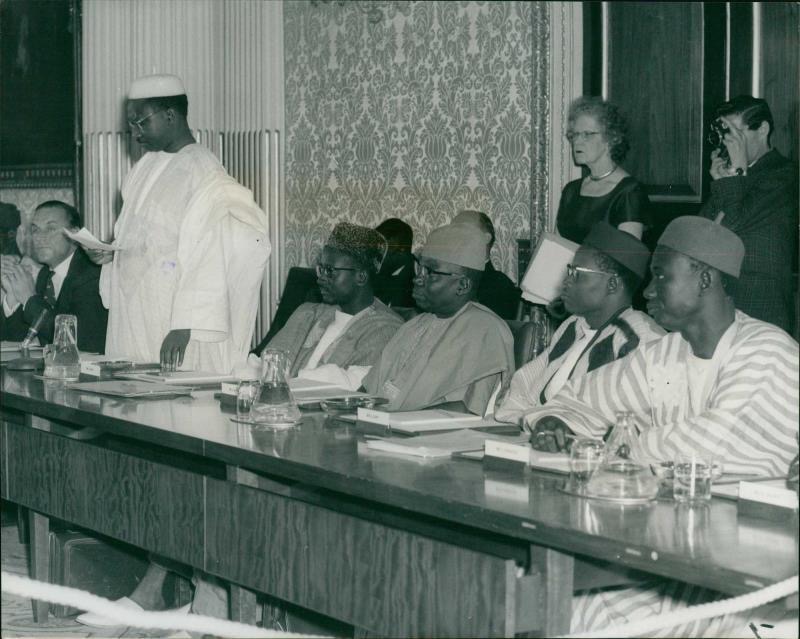
Precisely a year after that epochal event of February 18, 1965, speech at the event was neither a “blind adulation” nor an “unreasoning condemnation” of the emerging Gambian system. He spoke on what he saw and raised the alarm that a “competition in a vice characterised the first year of our independence,” warning that unless there was a change of direction, we should not expect a “happy and great future for the Gambia.”
That speech forewarned of the consequences of outlawing goodness in the life of the young nation. The speech answered, ahead of time, all questions associated with why we have a stunted nation as our country today.
Moreover, to quote Sir Dawda Kairaba Jawara copiously, focusing on the mess the Gambia became after the British left: “The driving force for any good government or public institution is the all-consuming desire to cater to the welfare and the best interests of the people. Whenever and wherever this all-consuming desire for the interests of the public is present, the leaders of the nation cannot but attach the utmost importance to virtue and set the highest possible store by honesty, merit, and experience.
Nevertheless, whenever this desire is absent and, in its place, personal greed and sordid self-interest are enthroned, then we have a spectacle of competition in vice which disturbingly characterised our first year of independence.”
That was 55 years ago.
Is it not unusual that a country that was celebrated with so much promise in 1965 could become so disgustingly rotten in decades later? Now, was there any fear Sir Dawda Kairaba Jawara expressed in that speech that has not come true? Is there any lousy behaviour he identified in that lecture that has not multiplied a million-fold?
The “spectacle of competition in a vice,” which he said characterised the Gambia’s first year, has it not become fiercer in our 55-year-old the Gambia? We could see that it did not take the Gambia’s ruling class one years to lay the sordid foundation for the ruination of the nation.
We could see that what was lowered on February 18, 1965, was not just the British flag – the Union Jack. We could see that we also lowered standards in all things noble and virtuous. We could see that today, we have moved progressively from Sir Dawda Jawara’s alarm that the Gambia was spending two pounds on a project that should not take more than one pound to an unimaginable realm of graft and greed in project execution and financing.
Do we wonder what Sir Dawda Jawara would have said if he could see the Gambia today tarring a kilometer of road for one million Dalasi and dubious debts becoming adorable gold on the neck of his people?
This cannot be allowed to continue. We liberated ourselves from a foreign colonial power only to empower a local colonial power over us! Never! So, in the early hours of July 22, 1994, radical young and highly spirited soldiers decayed the essence of civil liberties and political freedoms the Gambia known for and declared a new day, another day of freedom and liberation.
There would be work. There would be money. There would be milk and honey. There would be no bribery and corruption. Nobody will take ten percent on anything. Let us celebrate because why? Because the blood needed to wet the tree of freedom and liberation has finally been indeed and tragically shed.
Moreover, for decades, we had no clue what to do to add everything to our economic and political freedom. Moreover, it was not for lack of money and the means to do. It was a case of a lack of leadership.
Alternatively, a leadership that succeeded where the country failed. A leadership that got everything leaders all over the world get, but the country got nothing. A leadership of parasites bent on the destruction of the Gambia. A leadership that is continuously short-changing the Gambia. All that any right-minded Gambian can say is to tell these present set of leaders to leave the Gambia alone.
Get out of the country’s things and let the country sort itself out. It can do better without this present crop of leaders.
So, 55 years down the road, have bad manners and rejection of ethical conduct not made the Gambia a failed state? Or should we just say that its addiction stunts its growth to what destroys destinies? They say an ass born with knock-knees cannot start dreaming of becoming a royal steed. We lament every February 1 February 18, but Abu Bakr, the Caliph, said there is no profit in lamentation.
Furthermore, Sophocles warned also that “If it were possible to cure evils by lamentation and to raise the dead with tears, then gold would be a less valuable thing than weeping.” The annual feast of sighs and despair will not grow the Gambia out of its unwellness. Medical experts have said stunting is not final in all cases. It is reversible – the stunted can still be redeemed, a catch-up for him is possible.
Nevertheless, they say the reversibility will happen only if the subject abandons the setting in which he became stunted.
Lamentations and wailings cannot save the Gambia just as it cannot be weaned off its failings by tough talks, threats, and illiberal platitudes that punctuated President Adama Barrow’s speech of Tuesday, February,18.
Turning the Gambia away from its addiction to the desert is the way to its regeneration. Let this Springwater stop pouring its waters into extinction, the desert. Moreover, it will live.
By Alagi Yorro Jallow










Recent Comments